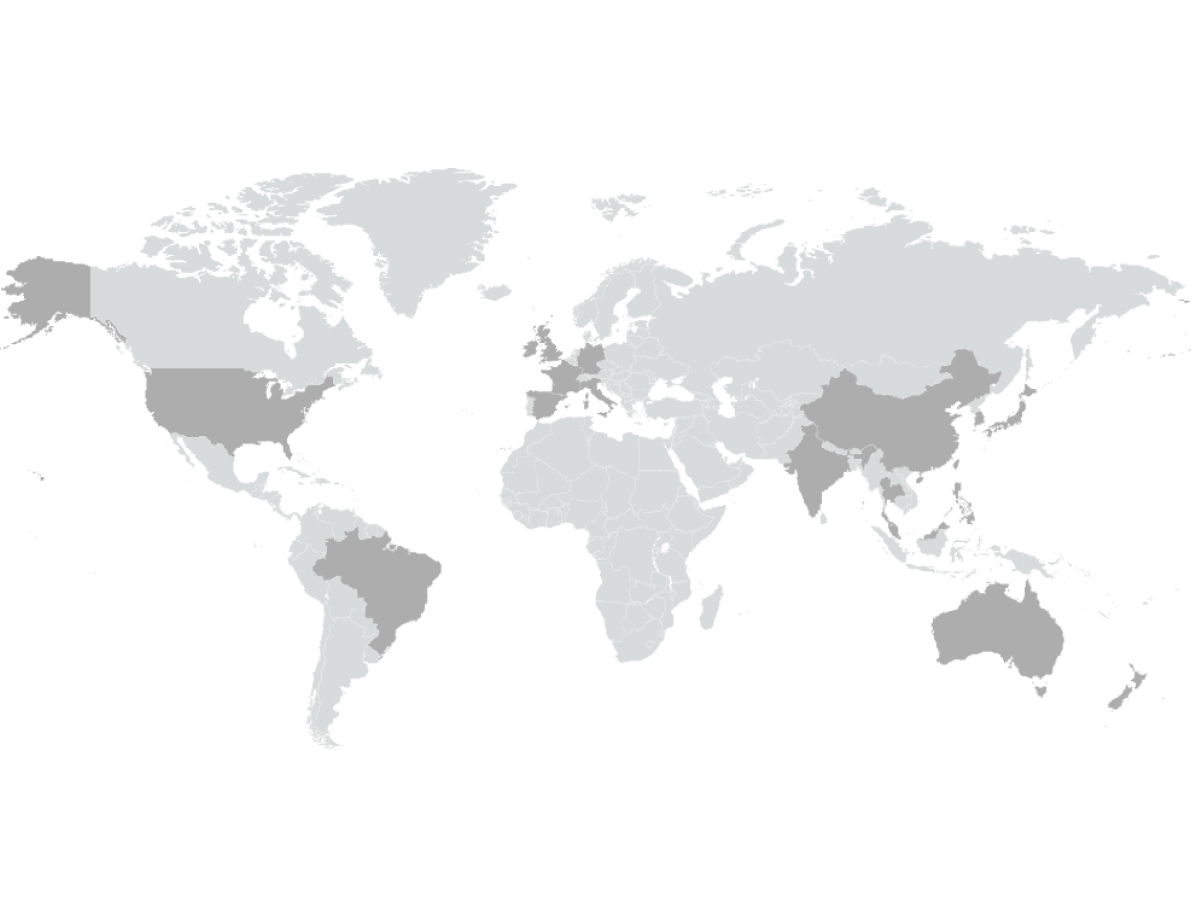While the global financial markets grappled with extreme volatility caused by the Coronavirus pandemic, 2020 brought a boost to Asia with unprecedented market liquidity and lower interest rates. Recent reports suggest valuations rose by 100% in 150 Asia IPO’s this year while only 57 similar occurrences were recorded elsewhere.
One key facilitator behind this success has been the expansion of technology available to traders, with the leading markets – Hong Kong, Singapore and Japan – maintaining a keen eye on innovation and setting strategies for growth. This healthy competition continues to cultivate a rich landscape for both domestic and international traders. Where previously complex standards, rules and requirements made these extremely challenging markets to benefit from, technology and global partnerships are effectively breaking down these traditional barriers.
It’s important to acknowledge that investor sentiment and stock markets generally remain sensitive to the ongoing pandemic, however, Asia has shown great resilience when bouncing back. In Japan, negative swings in GDP have been countered by positive ones in later quarters and the Tokyo Stock Exchange saw one of its biggest IPOs in December when Japanese robo-advisor WealthNavi Inc debuted raising $173 million (USD), which was particularly notable as the firm was founded just five years ago.
Many are now speculating that Japan’s profit growth will outpace that of the US this year as taxation policy looks set to evolve under the new US President-Elect. Combined with the Tokyo Olympic Games and a new Asia trade pact, as well as relatively low valuations and high proportion of cyclical stocks, larger numbers of investors could be drawn to seek Japan-specific exposure in 2021 than in the five years previously. Nomura Securities estimates between two to three trillion Yen could flow into Japan’s stock market in 2021 from overseas.
Promising developments elsewhere in the region make it abundantly evident that Asia has significant opportunities for traders in 2021. As these grow in number, it’s critical that traders have the right technologies in play. Working with global technology providers that have local teams on the ground in all the key Asian markets, like TNS, allows traders to deploy an infrastructure-as-a-solution approach to capitalize on the opportunities as they emerge with ultra-low latency and superior bandwidth.
In Hong Kong we saw the country’s Securities and Futures Commission license its first crypto trading platform last month which, once launched, plans to offer several cryptocurrencies, including bitcoin. This follows the launch of a consultation in November proposing a new crypto regulatory framework for Hong Kong which could enable it to become the cryptocurrency trading hub for Asia.
Singapore is also witnessing heightened levels of interest in asset digitalization with the country’s largest bank, DBS, and the Singapore Exchange (SGX) planning to set up a regulated venue for the issuance and trading of security tokens. This will support crypto asset trading pairs for currencies like SGD, USD and JPY against four crypto assets – BTC, ETH, BCH and XRP.
Hong Kong Exchanges & Clearing (HKEX) solidified its position as the gateway to China in 2020 with a $63 billion market value in mid-December. Its expansion into MSCI indexes in the latter part of last year has seen the launch of more than 38 MSCI index futures contracts in its initial strategic phase. While this has helped to cement its standing in the derivatives field, Shanghai and Shenzhen continue to lure startups that once might have been naturally destined for HKEX.
The announcement by HKEX to develop a transformative new platform called FINI to streamline Hong Kong’s IPO settlement process could help expand its IPO status in 2021. Another HKEX development to keep an eye on is the proposed introduction of Synapse, a program devised to greatly improve efficiency and transparency in Northbound Stock Connect’s post-trade processes, to enable greater numbers of international investors to participate in Mainland Chinese equities markets.
Looking to the FX markets in the region, the Monetary Authority of Singapore (MAS) continues to deliver on its strategy to boost Singapore’s status as the premier choice for FX, with both Macquarie and Goldman Sachs recently announcing they would build FX trading and pricing engines in the country in 2021. We will look at FX in greater detail in another blog later this year.
Traders find themselves needing to balance their portfolios, as well as maintain a flexible approach to trading in multiple markets as Hong Kong, Singapore and Japan continue to jostle for position. Technology is an important factor for international firms and a single supplier relationship can pay significant dividends if you choose the right partner.
While no-one can be sure what the next 12 months will bring as the pandemic continues to test us all globally, one thing we can be certain of is that Asia’s potential has evolved and set the scene for an exciting 2021. Traders not already joining in the party would be wise to find out more.
TNS offers a wide range of managed hosting, market data, and connectivity options to provide traders with ultra-low latency and robust access to the major Asian markets. Find out more at www.tnsfinancial.com.
Jeff Mezger is Director of Product Management at TNS with responsibility for its managed services for the financial industry. He oversees product development and strategy for market data, online and data center services.






